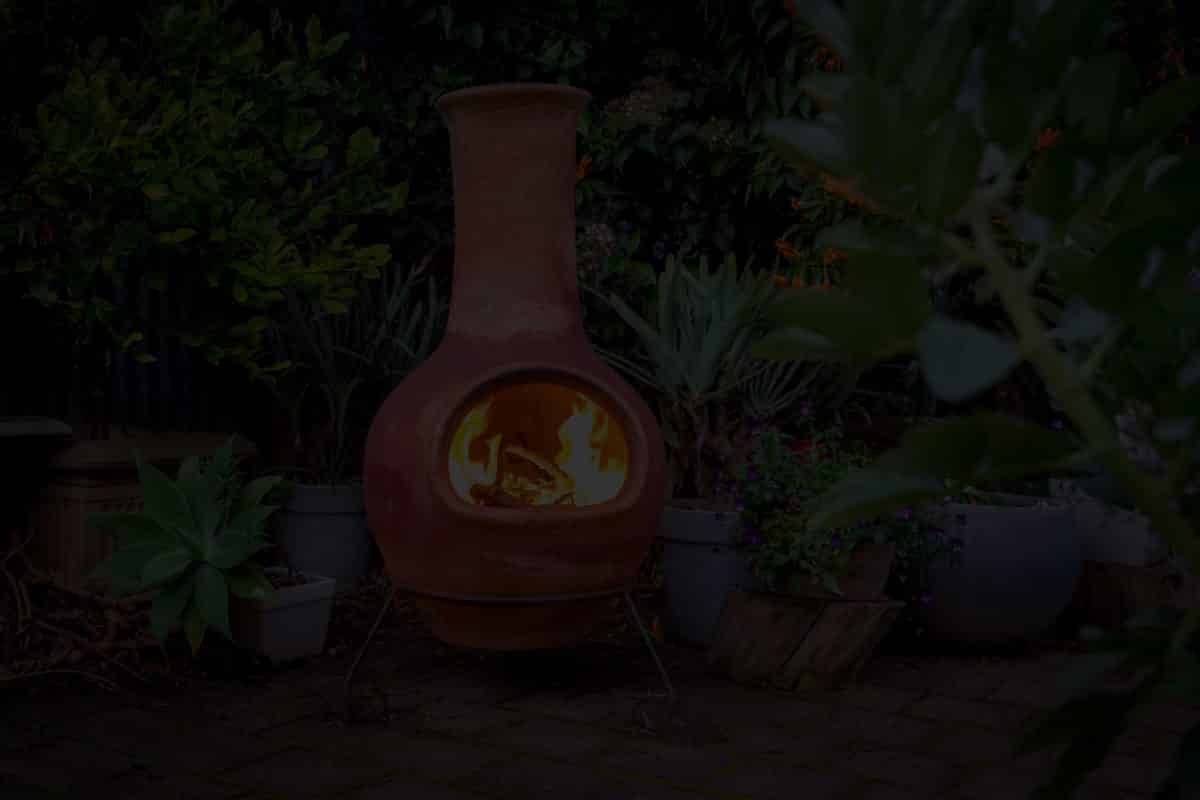Chiminea advice
The fascinating history of Halloween
Halloween is almost upon us, AKA All Hallows Eve, the night when spirits go walking and life goes all spooky.
We’ll be firing up our chiminea to toast marshmallows and roast apples on sticks, a treat combined with plenty of spicy mulled wine. What about you?
Whatever you’re up to this year, it’s interesting to look back at how it all began. Here’s a potted history of Halloween.
How old is Halloween?
Halloween dates back to the ancient Celtic festival of Samhain, which makes the celebration at least 2000 years old, maybe a great deal longer. The Celts were spread across Ireland, the United Kingdom and northern France, and they celebrated their new year on 1st November. It was a day that marked the official end of summer, the end of the harvest, and the steady descent into the dark dangers of winter, a time of year associated with death. On the night of 31st October the worlds of the living and the dead merged and ghosts returned to haunt the living.
The thing was, these spirits didn’t just wander around being spooky. On the down side they caused trouble and damaged crops, on the up side they helped the Druids, the priests of the time, to make important predictions about the future. You can imagine how these predictions – which suggested a level of certainty in uncertain times – would comfort people during the long, cold winter as they waited for spring to arrive.
As far as we can tell, the Celts celebrated by setting huge bonfires around which people gathered to sacrifice animals, eat, drink and be merry. Then they re-lit the fires in their homes using coals from the ceremonial fire to protect them through the bad weather.
What did the Romans do for us?
Roll time forwards to 43 A.D and the Romans had arrived, mostly conquering the Celts except for a few remaining lonely pockets in remote places like the West Country, Ireland, Scotland and Wales, and a four hundred year occupation began. The Romans combined two of their own festivals with Samhain. Feralia took place in late October, a festival that marked the passing of the dead, and Pomona, a festival celebrating the Roman goddess of fruit and trees, was the second. Apples symbolise Pomona, pomme means apple in French, and we still bob apples at Halloween to this day, an ancient Roman connection that has never faded away.
The Christians make a take-over bid… and mostly fail
In spring of the year 609 the Pope at the time dedicated Rome’s magnificent Pantheon to all Christian martyrs, and the Catholic feast of All Martyrs Day was established. Then Pope Gregory III moved things ahead by adding all the saints to the original martyrs, and moving the date of the celebration to 1st November.
By the 800s the influence of Christianity had spread far and wide, and their traditions were steadily blending with the old pre-Christian ones. In 1000 AD the church named 2nd November as All Soul’s Day, in what is widely believed to be an attempt to get rid of the old Celtic festival of the dead. They cleverly celebrated the new day in much the same way, with bonfires and fancy dress, and the new tradition of All-hallows was born, also called All-hallowmas after the old Middle English Alholowmesse. Before long the evening before the big day became called All-Hallows Eve, ultimately Halloween.
It’s interesting to note that Halloween is rarely treated as a Christian festival these days. The Popes failed to totally co-opt the festival more than 1000 years ago and it remains an overwhelmingly secular event. In some places Halloween has morphed back into a celebration of the dead rather like Mexico’s Day of the Dead, with hundreds of people dressed as ghosts, spooks and zombies parading the streets. Brighton, for example, has held an enormous Zombie parade on or around the 31st October since 2007, and it’s getting bigger by the year.
Grab yourself a chiminea and have an awesome Halloween
A chiminea is your best mate at Halloween. It’s the perfect way to warm your outdoor space so people can have fun in comfort. It’s ideal for making all manner of tasty Halloween treats and snacks, too. It lights up the garden with a dramatic, hellish, bonfire-like glow and makes a great focal point for your celebrations. If you’re not sure which chiminea, fire pit or pizza oven to choose, ask us for help. We’re always pleased to jump in and answer questions.

